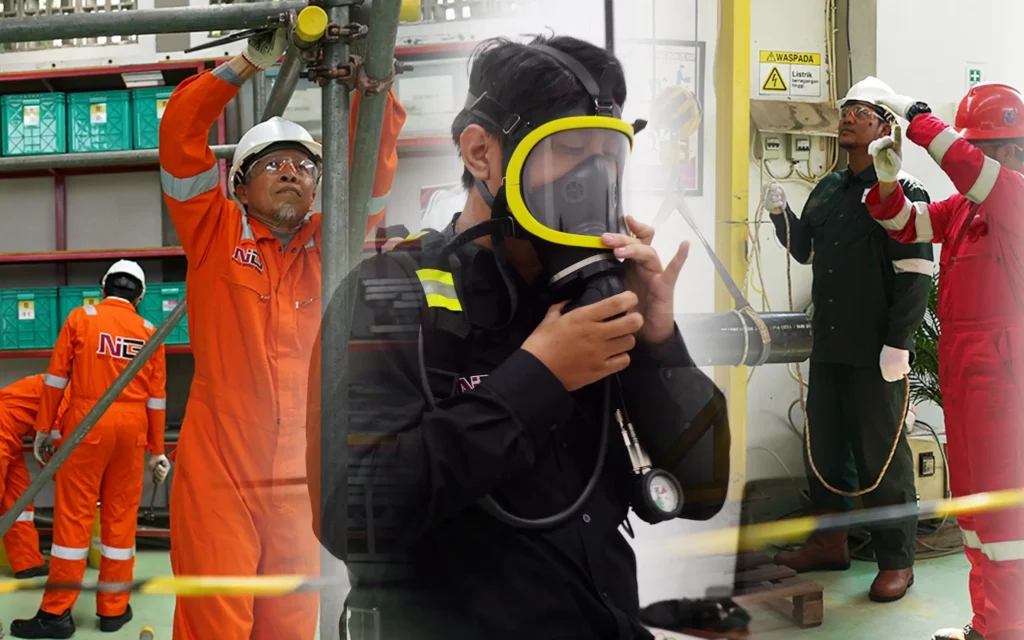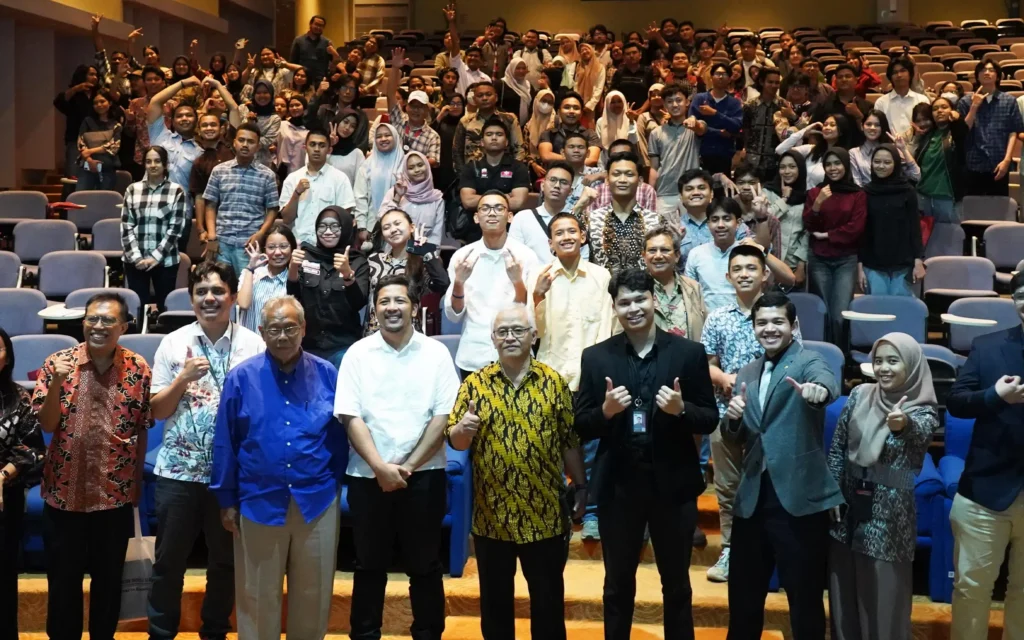Understanding the relationship between BNSP and LSP is crucial for anyone involved in Indonesia’s competency certification system. These two institutions play complementary roles in maintaining the credibility and quality of professional certification across industries.
For further reading, you can explore the official BNSP website for regulatory updates or check our Certification Guide to learn how to get certified.
What Is BNSP?
BNSP (Badan Nasional Sertifikasi Profesi) is Indonesia’s National Professional Certification Agency, established under Law No. 13 of 2003 on Manpower.
It serves as the regulatory authority overseeing the entire certification framework.
Main functions of BNSP:
-
Establishing national policies for certification;
-
Granting licenses to LSPs (Professional Certification Bodies);
-
Supervising and auditing certification implementation;
-
Developing the Indonesian National Work Competency Standards (SKKNI).
You can read more about BNSP’s official regulations on their official documentation page.
What Is LSP and Its Role in Certification
An LSP (Lembaga Sertifikasi Profesi), or Professional Certification Body, is a licensed institution under BNSP that conducts competency assessments based on SKKNI or other recognized standards.
LSP responsibilities include:
-
Conducting fair and standardized competency tests;
-
Recommending candidates for certification;
-
Developing new certification schemes based on industry needs;
-
Maintaining integrity and objectivity during assessments.
Learn how to apply for certification via an LSP in our LSP Registration Guide.
The Relationship Between BNSP and LSP
The relationship between BNSP and LSP is both hierarchical and collaborative. BNSP sets the framework and ensures national compliance, while LSPs execute the certification process directly with candidates.
| Aspect | BNSP | LSP |
|---|---|---|
| Status | Independent state institution | Licensed body under BNSP |
| Main Role | Regulator and supervisor | Certification executor |
| Responsibility | Policy, licensing, and quality control | Conducting assessments and recommending results |
| Output | Certification standards and systems | Competency certificates issued under BNSP |
In other words, BNSP ensures quality assurance, while LSP ensures implementation.
How the BNSP–LSP Certification System Works
The relationship between BNSP and LSP becomes clear through the certification workflow:
-
BNSP sets certification standards and policies.
-
LSP obtains a license from BNSP.
-
LSP conducts competency assessments at accredited testing centers (TUK).
-
Assessors evaluate participant competencies based on SKKNI.
-
LSP reports the results to BNSP.
-
BNSP issues the official certificate of competence.
For details on the process, visit BNSP’s certification flow page.
The relationship between BNSP and LSP forms the backbone of Indonesia’s professional certification ecosystem.
BNSP acts as the regulator, while LSPs function as executors of the certification process.
Together, they ensure that Indonesian workers hold competency-based certifications recognized nationally and internationally.
To explore available certification programs, check our National Certification Directory.
























